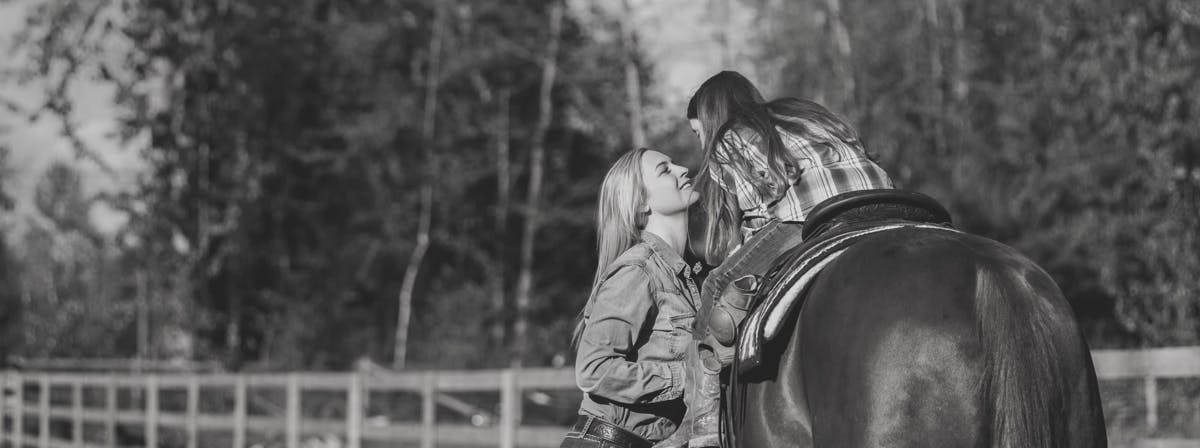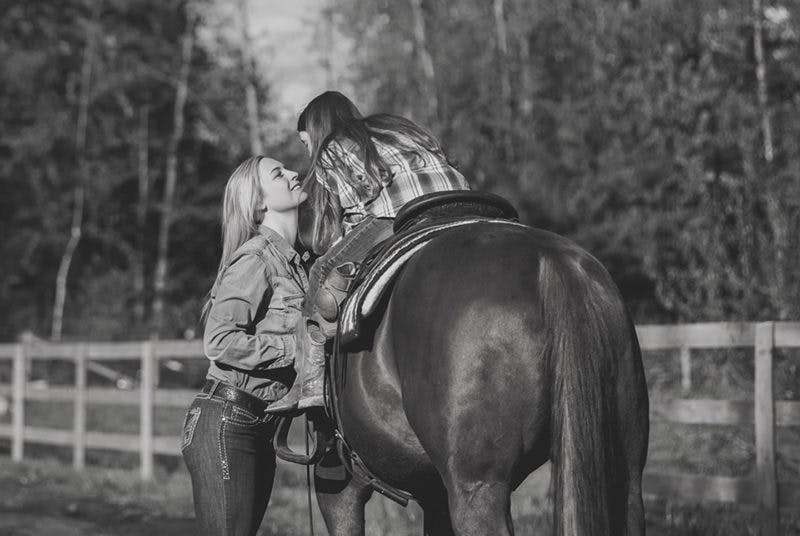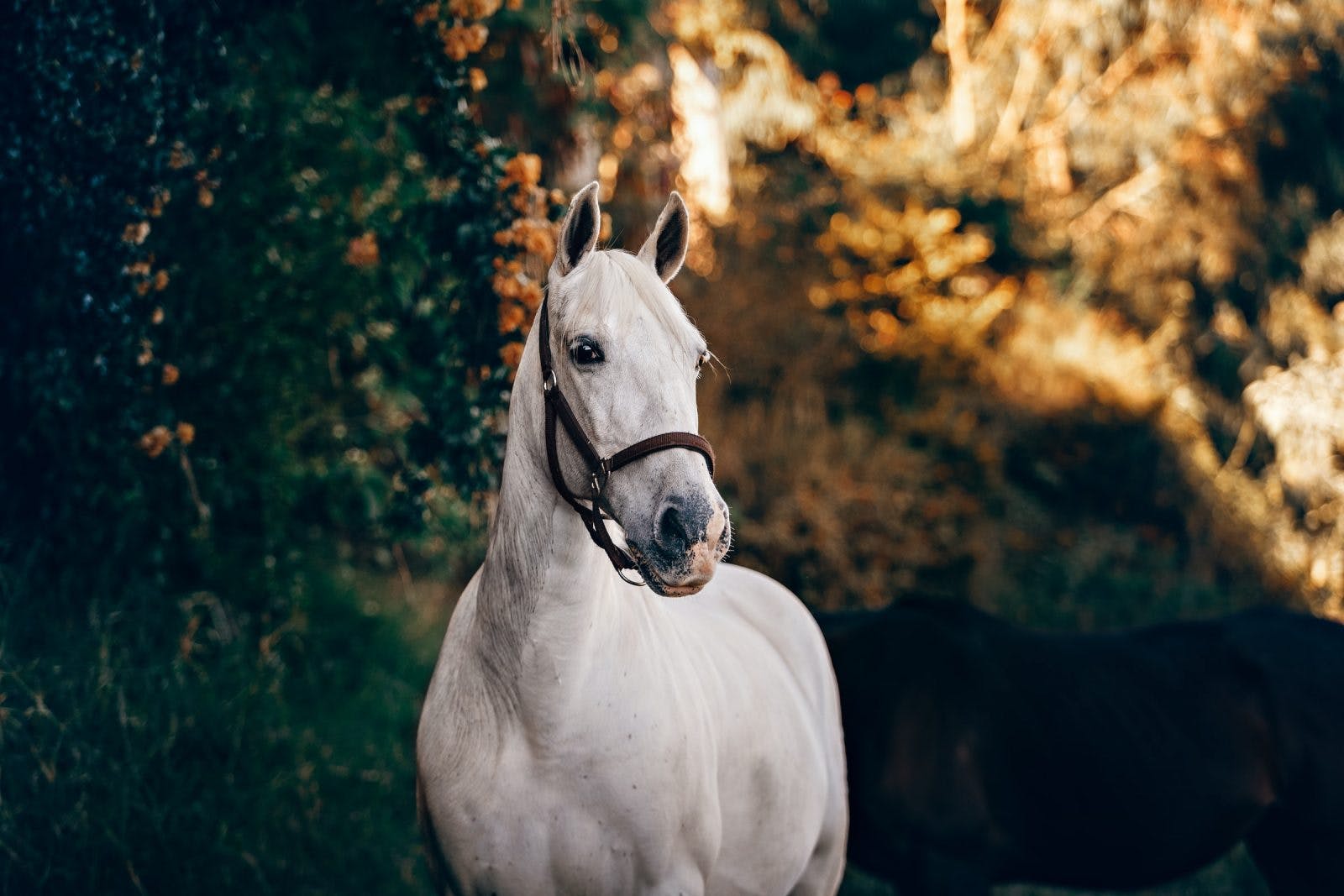So for one reason or another you are finally in the position to purchase your next horse. That is wonderful news! Whether you have owned horses before or are buying one for the first time, you should be on guard to make sure you are keeping yourself safe and savvy throughout the process. Horse ownership is not for the faint of heart (or the cash-strapped) as horses require a significant amount of time, as well as emotional and financial investment. You want to make sure you are getting a companion that fits your lifestyle, while not getting scammed by unscrupulous sellers.
If you don’t have an expert in your corner (which I strongly advise!), seek guidance from a trusted friend who is well-versed in horses and owns horses whose conduct you admire. To also help make the process easier, I recommend that you take the following steps.
- Do Your Homework – Before you even step foot on a seller’s property to look at a new mount, there are certain tasks you should do beforehand. Set a budget, make sure you have the proper set up, contact farriers and vets, and set up a checklist for what you want out of a horse. Appearance, size, age, breed, sex, etc are all helpful things to have thought of beforehand so you know what you want out of your horse.
- Ask Questions – Before visiting a seller and their horse, I ask essential questions over the phone, via email, or through text. Relevant questions may vary depending on the situation, but you should try and start with these: Why is the horse being offered for sale? How long has he or she been in the owner’s possession? What is the nature of his education? What position does he occupy in the social order of the herd? Is he a barn sour or a buddy? Is he prone to any unhealthy habits?
- Check References and Backgrounds – When you purchase a horse through a seller almost everything you know about that horse, both good and negative, will come directly from that person. To make sure that they are telling the truth about the horse, you will want to know the seller’s reputation. Who have they sold to in the past, are their sold horses usually healthy or do they have some red flags, and does the seller ride themselves or are they just pushing the sale? References from around the community will help ensure you make the best decision and since the horse world is small and close-knit, it’s easy to learn about any seller’s reputation by simply asking around.
- Require All Documents – Always make the final sale conditional upon receiving all required paperwork, including any registration papers, affiliations, records, and veterinarian notes. This will hopefully prevent future… Surprises. Also ask for a list of prior owners and insurance records to see if there are any pre-existing conditions.
- Take A Test Ride – Absolutely insist on a trial ride on the horse while fresh. Test them for whatever skills they are listed as having, and make sure they fit what you will need the horse for (barrel-racing, trail ride, jumper, etc.) You want to try and note several aspects, such as if the horse is sure-footed, behaves well outside of the arena, and has a calm and reasonable demeanor. You should try and spend at least two hours in the saddle, and on the path, if possible. Also do not let the owner ride and wear the horse out before you, which is a sneaky trick to tire the horse out so it doesn’t show any ‘bad’ behaviors.
- Get An Expert’s Opinion – If it is possible, try and bring along a professional to assess the horse. This expert may help notice and point out things that you would otherwise miss, especially if the horse is especially attractive to you and you go a little ‘blind’ to their faults… A professional, impartial assessment can help make up your mind and keep you safe at the same time.
After you’ve gone through this whole process you’ll need to sign a horse purchase contract with the seller. The conditions of your purchase, including any claims and warranties made by the seller about the horse, should be explicitly stated in your purchase contract. This is to protect both of you, as well as the horse, in case anything does go wrong.
I hope these simple tips and tricks, learned over my own years of owning and buying horses, will help you on your own journey! Share your horse-purchasing experience, and check out the rest of our blog!
Thinking of buying or selling real estate in the Fraser Valley? Let’s talk!



